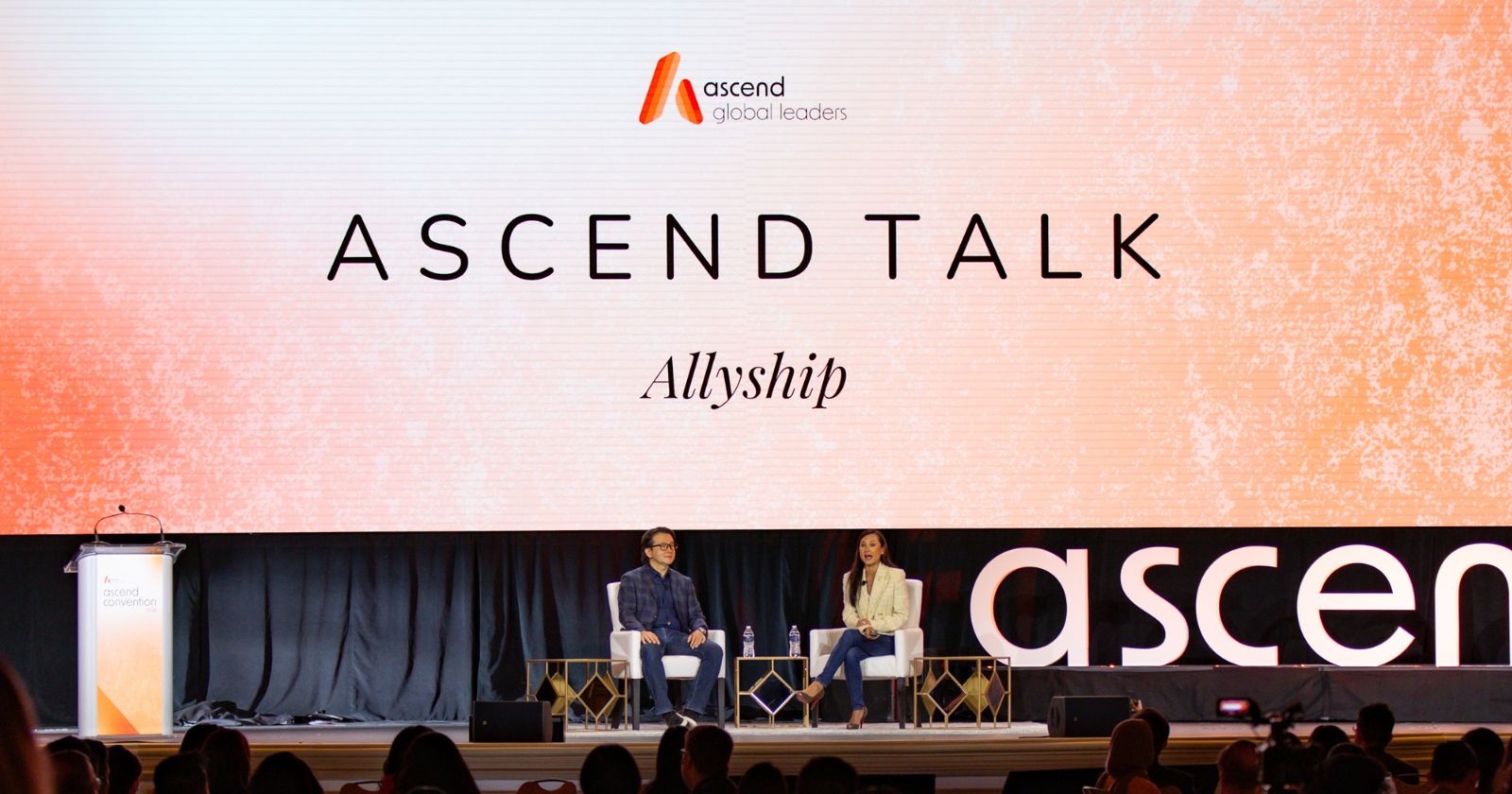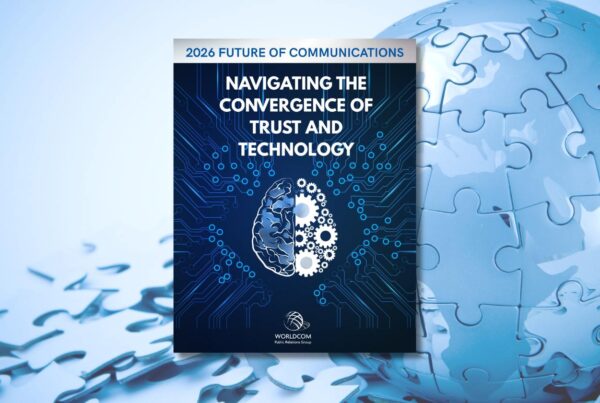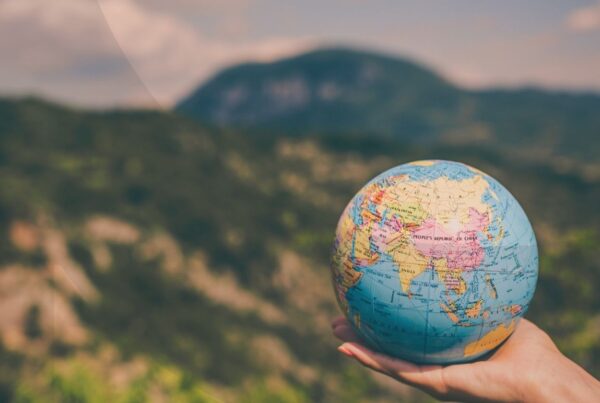By Jackie Liu
At the end of July, Ascend held its signature annual conference in Las Vegas. Every year, the organization brings together Pan-Asian business and community leaders and allies for 3+ days of premier programming plus networking opportunities across diverse industries and career levels. This holistic and immersive experience for Ascend members and partners includes workshops guided by top-tier business leaders, thought-provoking forums, as well as health and wellness activities.
The 2024 Convention had over 2,000 attendees from all over the country – an incredible milestone. Additionally, Ascend recorded its first-ever live podcast with award-winning journalist Helen Zia and author Jeff Yang.
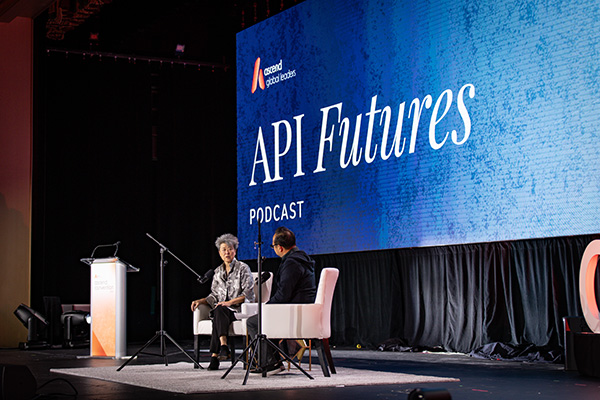
I had the opportunity to attend on Day 3, which focused on allyship. The term ‘ally’ is broad and may be interpreted differently depending on the individual’s life experience. Certainly, within the context of AAPI-specific issues, allyship is nuanced and complex. It’s more than just sticking up for your buddy; it’s about recognizing your own privilege and then using it to stand in solidarity with marginalized individuals or groups. These two themes stood out to me:
Inclusive allyship: I was very moved by one speaker’s conviction that true allyship spans gender, generations, and Asian ethnicities. The corporate workplace is often rife with “traps” that pit colleagues against each other. True allyship acknowledges those realities and asks us to rise above them. Our agency continues to work closely with Ascend to generate more media interest in this topic. I have seen firsthand how the organization actively promotes allyship among aspiring business professionals, rising leaders and board veterans. It’s a central theme across many of Ascend’s podcast episodes – one that I would also like to explore on future episodes of imPRessions, our agency’s own podcast.
Mental health: Ascend has published an outstanding series of reports surveying AAPI professionals about mental health in the workplace. It’s no secret that work is a significant source of stress for most people, and many employers have invested in resources, services, and offerings to support mental health. But Ascend’s report digs deeper and uncovers some astonishing statistics. For example, 77% of survey respondents reported the overall racial climate in the U.S. as a significant source of stress. How quickly people have forgotten about the wave of anti-Asian hate that washed over the country during the pandemic. Notably, 73% of survey respondents cited personal/family health issues, and 70% cited money/finances as significant sources of stress in their lives. The emphasis in Asian cultures on filial piety and personally taking care of aging parents in need can compound work and life stresses. Other cohorts may face similar issues – or not at all.
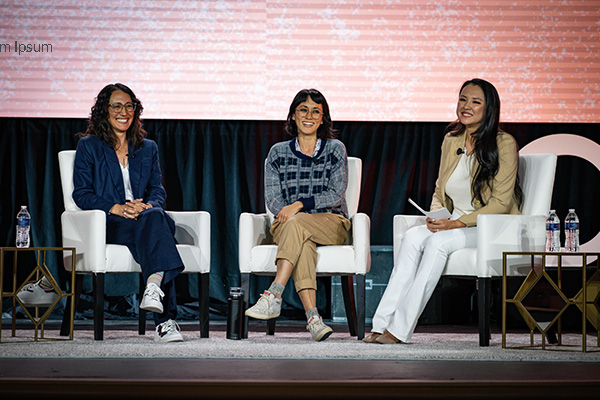
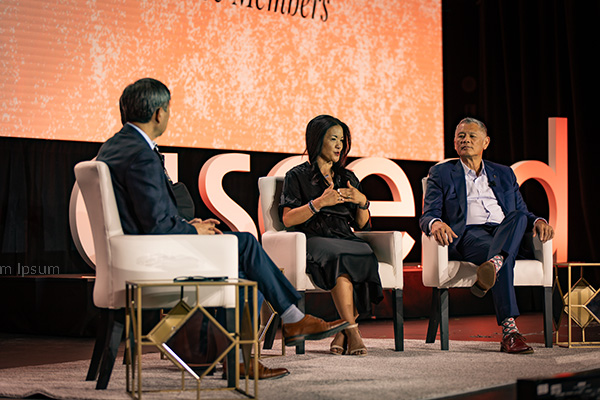
For more information about AAPI in public relations, check out these posts:
Panel Recap: Celebrating The AAPI Community In Public Relations

